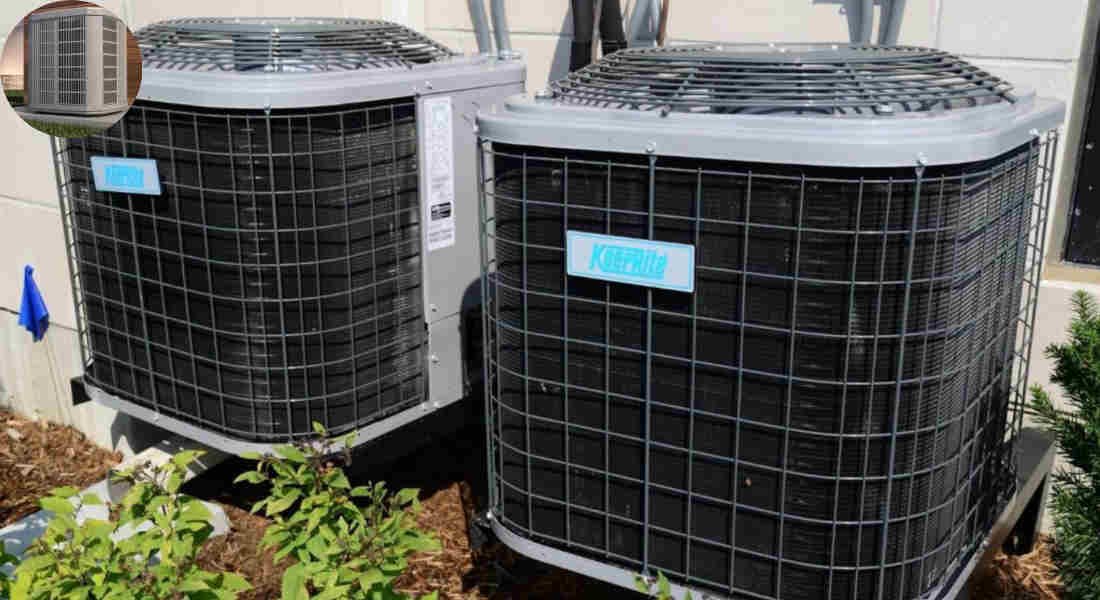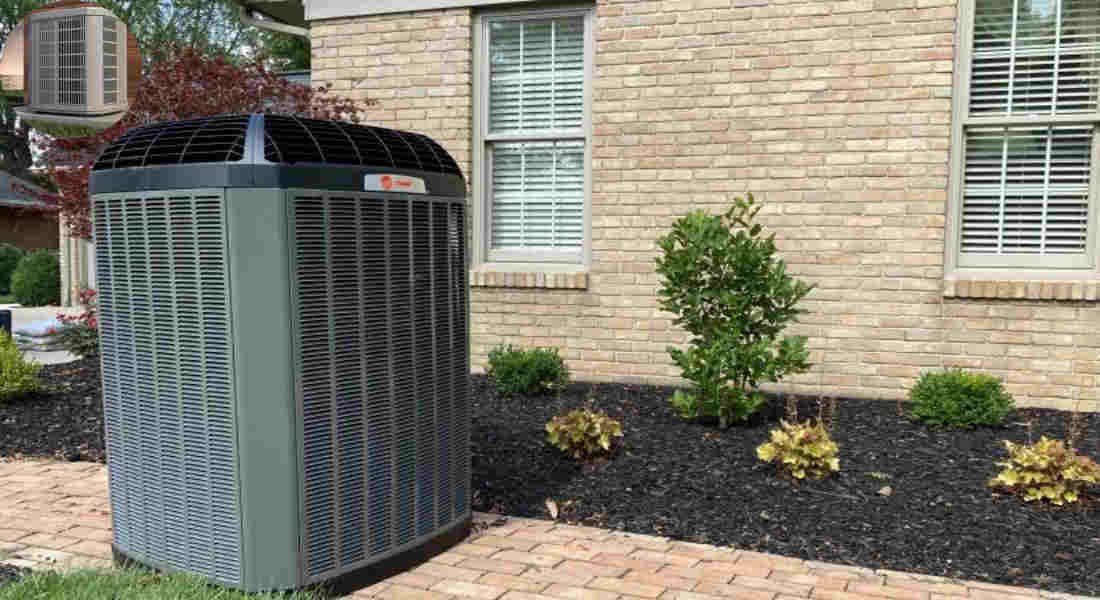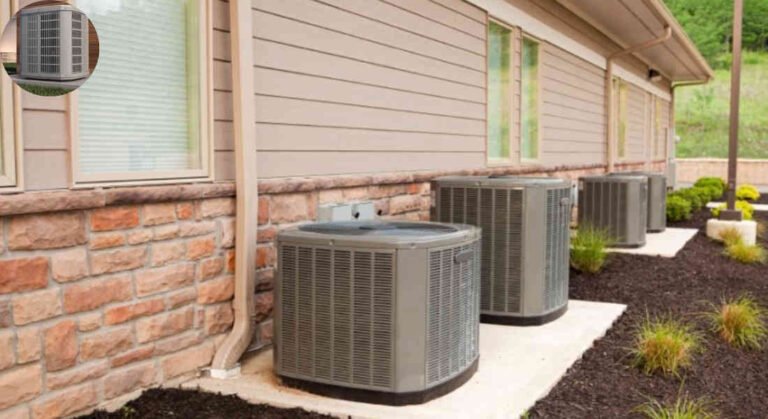When it comes to home improvements, homeowners often ponder which upgrades will yield the greatest return on investment (ROI). One of the most persistent questions in this conversation is: “Does central air add value to a home?” Understanding the relationship between central air conditioning and home value can be critical to making informed decisions for potential buyers, sellers, and even real estate investors.
Understanding Central Air Conditioning and Its Role in Homes
What is Central Air Conditioning?
Central air conditioning is a system that cools an entire home by circulating cooled air through ducts and vents. Unlike portable or window air conditioners, which cool specific rooms, central air provides consistent and even cooling throughout the house. This is achieved using a centralized cooling unit outside the home, connected to an indoor system that distributes the air.
How Central Air Differs from Window or Portable AC Units
While window and portable air conditioners are short-term, budget-friendly options, they have limitations. These units:
- Cool only specific areas, often leaving other parts of the home warm.
- It tends to be noisy and less energy-efficient.
- It may detract from a home’s aesthetic appeal with bulky designs or visible cables.
Central air, on the other hand:
- Offers uniform cooling throughout the home.
- Operates quietly and efficiently.
- It is more durable and blends seamlessly into the home’s layout, offering a modern and functional appearance.
Benefits Beyond Comfort
Installing central air conditioning isn’t just about staying cool. It offers several other advantages, including:
- Energy Efficiency: Modern systems are designed to consume less energy, reducing monthly utility bills.
- Improved Air Quality: Central air systems often include filters that remove dust, allergens, and pollutants.
- Enhanced Home Appeal: A home with central air feels more comfortable, modern, and appealing to buyers during the hot summer.
The Impact of Central Air Conditioning on Home Value
How Much Value Does Central Air Add?
Studies show that central air conditioning can increase a home’s value by 5% to 12%, depending on the home’s location, climate, and the system’s energy efficiency. For example, in hotter regions where air conditioning is necessary, homes with central air are more desirable and can command a higher premium.
You may also read (does fha allow financing for single wide manufactured homes).
To put this into perspective:
- For a $300,000 home, a 5% increase would translate to an additional $15,000 in value.
- For a $500,000 home, a 10% increase could mean a $50,000 boost.
Regional Variations: Climate Matters
The impact of central air varies significantly by region:
- Central air is often considered essential in hotter climates like Florida, Texas, or Arizona. Homes without it may struggle to sell or sell at a significant discount.
- In milder climates like the Pacific Northwest, central air may not add as much value because cooling needs are limited. However, it can still enhance comfort and marketability.
The Role of Energy-Efficient Systems
Modern, energy-efficient central air systems can further boost home value. Buyers today are increasingly eco-conscious and appreciate systems that:
- Lower energy consumption.
- Reduce carbon footprints.
- Qualify for rebates or tax incentives.
Why Central Air Conditioning Makes Homes More Attractive to Buyers
A Non-Negotiable Feature for Many Buyers
In today’s housing market, central air conditioning is often considered a “must-have” feature rather than a luxury. Buyers expect modern homes to include central air, especially in warmer regions. A home without this feature could be disadvantaged compared to similar properties with this feature.
Faster Sales and Competitive Offers
Homes with central air conditioning tend to sell faster and attract more competitive offers. Buyers are often willing to pay a premium for the convenience of a move-in-ready home with updated cooling systems.
Smart AC and HVAC Integration
It can further enhance its appeal by incorporating innovative technology into your central air system—such as programmable thermostats or app-controlled settings. Tech-savvy buyers love the convenience of controlling temperature settings remotely and optimizing energy use.
Impact on Rental Markets
For landlords, Central Air can significantly improve rental property performance. Properties with central air often command higher rents and experience lower vacancy rates, as tenants prioritize comfort and energy efficiency.
Economic Considerations: Cost vs. Value Added
Installation Costs of Central Air Conditioning
The cost of installing central air conditioning varies based on factors such as:
- The size of the home.
- The complexity of the ductwork is needed.
- The type of system installed.
Installing central air in an existing home costs between $5,000 and $10,000. In new constructions, where ductwork is pre-installed, fees may be lower.
You may also read (does eero work seamlessly with t mobile home internet).
Return on Investment (ROI)
While central air increases a home’s value, the ROI depends on the home’s overall value and market conditions. For example:
- For a $300,000 home, a 10% value increase ($30,000) would far outweigh the average installation cost.
- In some cases, the increase in home value may only cover a portion of the installation costs. However, the added comfort and marketability often justify the expense.
Financing and Incentives
Homeowners can explore financing options, rebates, or incentives for energy-efficient systems. Programs like ENERGY STAR rebates can help offset the installation costs, making the upgrade more affordable.
Central Air Conditioning and Home Marketability
Homes With vs. Without Central Air
Let’s break down how Central Air impacts buyer interest and home pricing:
FeatureHomes WITH Central AirHomes WITHOUT Central Air
Buyer Interest High: Often a must-have feature Low: May struggle to sell
Sale Price Higher: 5%-12% value increase Lower: Priced at a discount
Time on Market Shorter: Sells faster Longer: May sit unsold
Perceived Comfort Modern, move-in ready Outdated or inconvenient
New Home Construction and Upgrades
Central air is becoming a standard feature in new home construction, as buyers expect it. Adding central air can level the playing field for older homes, making them competitive with newer properties.
Additional Benefits That Indirectly Boost Home Value
Central Air offers several indirect benefits that contribute to its value:
- Improved Comfort and Quality of Life: A cool home enhances daily living, especially during heatwaves.
- Energy Savings: Modern systems lower monthly utility costs, appealing to eco-conscious buyers.
- Low Maintenance: Central air systems are durable and require less frequent maintenance than multiple window units.
You may also read (understanding femas role in home inspections).
